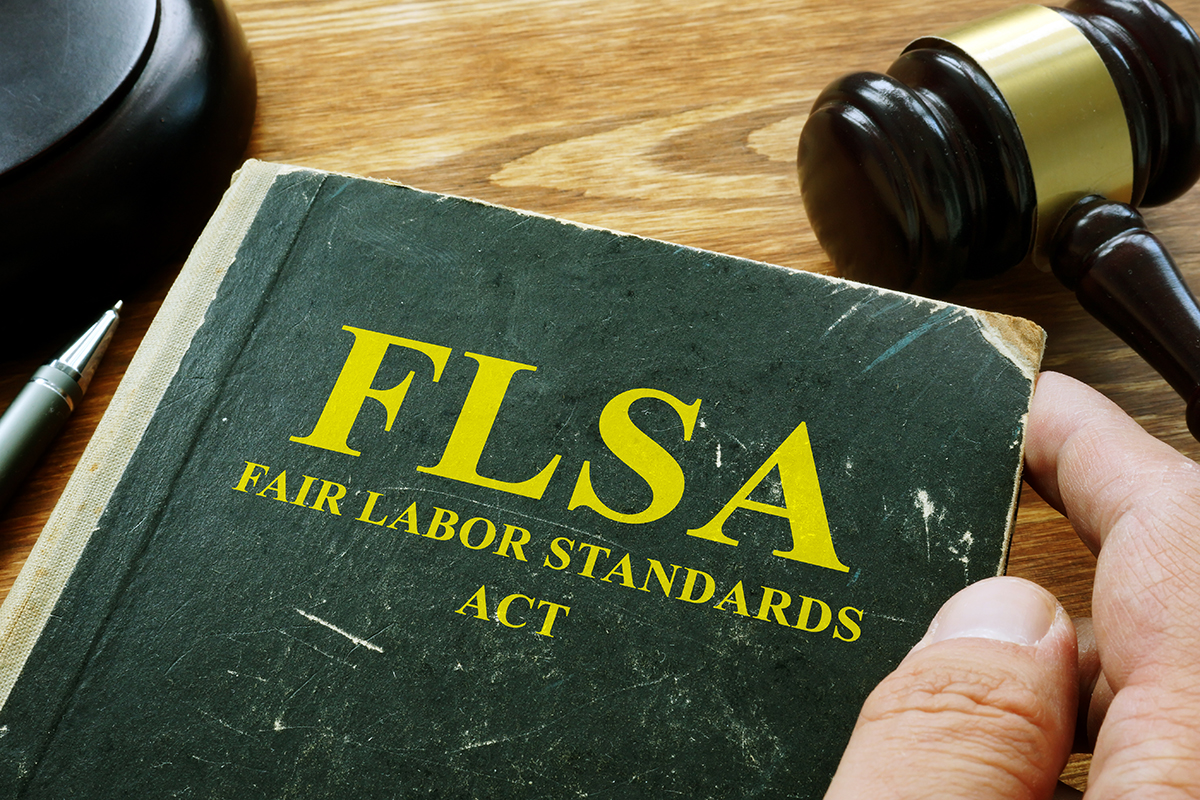Employee v. Independent Contractor under FLSA

Who is entitled to protection, including overtime pay, under the Fair Labor Standards Act (“FLSA”)? In Guillermo Gray v. Killick Group, LLC, the 5th Circuit U.S. Court of Appeals recently held that a welding inspector was properly characterized as an independent contractor and not entitled to overtime or any other protections or benefits of the FLSA. How did the Court reach its decision?
Guillermo Gray, a welding inspector, sued Killick Group, LLC (“Killick”) alleging that Killick violated the FLSA by not paying him wages and overtime. The suit was originally brought in state court but was removed to federal court. In federal court, Killick moved for summary judgment arguing judicial estoppel barred Gray’s FLSA claim, since he had previously admitted that he was self-employed. The district court granted Killick’s summary judgement on estoppel grounds and Gray timely appealed to the Fifth Circuit.
The Court had doubts whether judicial estoppel was applicable and instead considered whether Gray and Killick has an employment relationship under the FLSA. To answer that question, the Court had to determine whether Gray was an employee or independent contractor under the “economic realities test”. That test focuses on whether the worker is economically dependent upon the alleged employer or is instead in business for himself.
The economic realities test considers the “totality of the circumstances”, with no single factor of the following list given greater weight over another.
1. The degree of control exercised by the alleged employer;
2. The extent of the relative investments of the worker and the alleged employer;
3. The degree to which the worker’s opportunity for profit or loss is determined by the alleged employer;
4. The skill and initiative required in performing the job; and
5. The permanency of the relationship.
The Court analyzed each of the factors, and found, as summarized below, that all of them favored characterizing Gray as an independent contractor.
1. Degree. Gray formed his own company and marketed his company’s services to the public. Gray worked for Killick on a project-by-project basis, which Gray could accept or reject the work without penalty.
2. Investment. Gray used his own time and money for industry specific certification and exams. Gray used his own vehicle, machinery, and other supplies for the work.
3. Opportunity for profit or loss. Gray had the ability to negotiate the hourly pay rates for his services. Although Killick had set parameters regarding the amount of hours Gray could expend on a project, this alone was not determinative of employee status.
4. Skill and initiative. Gray was a well-credentialed inspector in his industry who marketed his company’s services to the public.
5. Permanency. Although Gray had worked with Killick for seven years, his work was undoubtedly on a project-by-project basis. During that period of time, Gray had also worked for at least one other company.
As Gray was an independent contractor, he fell outside the purview of the FLSA, and the Court affirmed the district court’s summary judgement for Killick.
The attorneys in our Austin and Dallas offices have experience in handling employment matters, including application of the economic realities test. Please contact us at info@gstexlaw.com with any questions you may have.
Legal Disclaimers
This blog is made available by Gerstle Snelson, LLP for educational purposes and to provide general information about the law, only. Neither this document nor the information contained in it is intended to constitute legal advice on any specific matter or of a general nature. Use of the blog does not create an attorney-client relationship with Gerstle Snelson, LLP where one does not already exist with the firm. This blog should not be used as a substitute for competent legal advice from a licensed attorney.
©Gerstle Snelson, LLP 2024. All rights reserved. Any unauthorized reprint or use of this material is prohibited. No part of this blog may be reproduced or transmitted in any form or by any means, electronic or mechanical, including photocopying, recording, or by any information storage or retrieval system without the express written permission of Gerstle Snelson, LLP.

